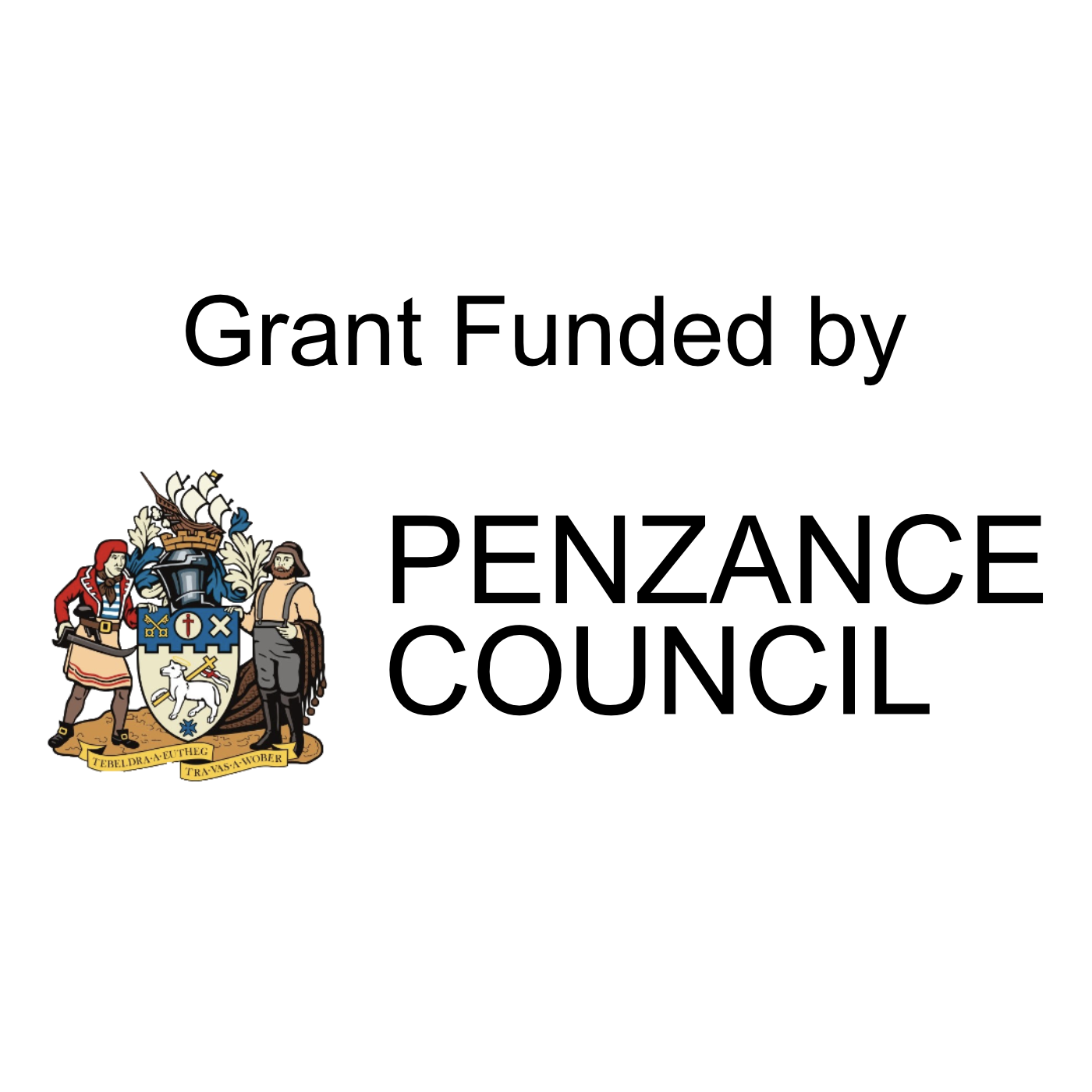
A not so special relationship? 7 key challenges faced by Starmer in dealing with Trump

There's a deep, transatlantic contrast between the bombastic billionaire Donald Trump and the bespectacled human rights lawyer Sir Keir Starmer, on a political and a personal level.
Despite the so-called "special relationship" it's clearly going to be an uphill battle for the British PM to forge a productive relationship with the incoming president, but he has no choice but to do so.
Politics latest: Trump 'within his right' to make statement on tariffs
The Sunday papers are full of briefings about the difficulties ahead. The Mail on Sunday claims Sir Keir Starmer would be at the "back of the queue" for a visit to the White House (in contrast to Theresa May's highly awkward appearance after just seven days), claiming "he will have to eat humble pie" before receiving an invitation.
According to The Independent, sources in the Trump campaign suggest that the President-elect is considering rejecting Peter Mandelson as US ambassador, an almost unprecedented move that would be a huge diplomatic insult.
Labour figures have been doing their best to downplay these reports, with the Chief Secretary to the Treasury Darren Jones telling Sky News "I doubt very much that's going to happen", adding that the claims are "probably being propagated by some politicians that would like to cause a bit of a nuisance."
World leaders such as Italy's Georgia Meloni and Argentina's Javier Milei, more closely aligned with Trump's populist politics, have been invited to the inauguration.
Starmer has not been, though No 10 say the UK is to be represented by outgoing ambassador Dame Karen Pierce, in line with usual diplomatic protocol.
But with a crowd of high-profile right-leaning British politicians partying in Washington - including Boris Johnson, Liz Truss, Suella Braverman, Priti Patel and, of course, Nigel Farage all in attendance - he is at risk of looking a little left out.
So what are the key stumbling blocks between the two leaders?
Labour support for the Democrats
One issue is the Trump team's anger at Labour activists travelling to America to campaign for Trump's Democratic rival, Kamala Harris.
Historically, it's been relatively normal for Labour volunteers to help out the Democrats, and Tories to do so for Republicans. But this time it hit a nerve, prompting a complaint to the US Federal Election Commission.
The impression of entrenched opposition to the Trump project from the Labour hierarchy was highlighted again this morning by an article for The Observer by London Mayor Sadiq Khan, warning of "the spectre of resurgent fascism" ahead of the inauguration.
While Mr Jones swiftly distanced himself and the government from this kind of language, it's a reminder of the catalogue of insults showered on Trump by senior Labour figures during their time in opposition, from David Lammy's "woman-hating, neo-Nazi-sympathising sociopath" to Wes Streeting's "odious sad little man".
The reality of life in government has tempered the cabinet's public language - but the wider party's opinion of Trump is likely to be unchanged.
Nigel Farage
With Reform surging in popularity and challenging both the Conservatives and Labour in the polls, Reform UK leader Nigel Farage has been having a field day in Washington DC.
In interviews with UK media from a pre-inauguration party on a hotel rooftop, he has been boasting of members of the incoming Trump cabinet on speed dial, and even speculating that he could become prime minister himself before Donald Trump's term in office comes to an end.
Farage is offering to help smooth the UK government's relationship with Trump and his team - but accepting his offer will surely be too awkward.
Elon Musk
The furore over the UK's response to grooming gangs may have died down somewhat following the Home Office's announcement about five local inquiries and a nationwide review into the issue, but the world's richest man misses no opportunity to kick the UK government on X, his social media platform.
Elon Musk may have fallen out of love with Mr Farage over his lack of support for Tommy Robinson but he still appears obsessed with promoting Reform and making inflammatory attacks on Sir Keir Starmer and other members of his team.
As a member of Trump's cabinet, Musk's claims about free speech and child sexual exploitation in the UK could be a real problem for the Labour leader in terms of his reputation with the president-elect.
The Chagos Deal
There's frustration in the Trump team too about last-ditch UK efforts to get the contentious Chagos deal over the line before the inauguration.
The agreement would see the UK hand over the remote archipelago to Mauritius - in line with rulings from the international courts - but pay to continue leasing the US/UK military base on Diego Garcia for the next 99 years.
The Americans, and many Conservatives, are concerned about the deal's national security implications. This week Downing Street said it was only "reasonable" for Mr Trump to want to look at the deal once he takes office, but the delay has created an awkward outstanding diplomatic and political issue.
Defence Spending
Defence spending - and the question of an end to the war in Ukraine - is another likely source of tension.
Mr Trump has made no secret of his frustration with the fact that the US spends much more on defence than most NATO countries, calling for a new target of 5% of GDP.
At 2.3%, the UK more than meets the current NATO target of 2% and the PM has pledged to set out a pathway to 2.5% this year - but given current spending constraints, and concern about future cuts, that feels like a long way off.
Trump has also signalled his hesitation about the idea of Ukraine joining NATO, saying he "understands their [Russia's] feelings" about having "somebody right on their doorstep".
Mr Trump's determination to bring the war with Russia to a speedy end has already shifted the dial in terms of the international focus away from the supply of weaponry to the question of a possible peacekeeping operation - with Sir Keir Starmer talking about the UK playing a "full part" in that in future.
Read More:
Why the consequences of Trump 2.0 are likely to be profound
Re-engagement with China
President-elect Trump has been outspoken in his view that China is now the US's biggest rival, threatening to slap tariffs on imports from the country once he takes office.
It's a message distinctly at odds with the Labour government's policy of "re-engagement" with China in the pursuit of economic growth.
Just last week, Chancellor Rachel Reeves travelled to Beijing in what she described as a spirit of "pragmatic cooperation", touting British businesses and boasting of £600m in new investment to the UK as a result.
But in what seems like a hasty about-turn, Lord Mandelson - previously a vocal proponent of greater trade links with Beijing - wrote an article for Fox News this week which flattered Trump and criticised China for being "more aggressive abroad and controlling at home" and challenging "Western governments and their values".
???? Follow Trump 100 on your podcast app ????
Trade Policy
During his election campaign, Donald Trump threatened to slap 20% on all other goods coming into the country.
With the UK economy effectively flatlining, this could have a dire impact on UK businesses.
Ministers are hoping the special relationship could shield Britain from the worst direct impacts although our global exposure means we would take a hit from tariffs disrupting international trade elsewhere too.
With a manifesto promise to "reset" the UK's relationship with Europe, Starmer could opt to offset the risks of a hit to our transatlantic trade with a greater focus on the flow of goods across the Channel.
The Liberal Democrats have been calling for a new customs union with the EU this week, as a show of strength against the US. But that kind of talk could risk antagonising Trump's team further.
Mr Jones did his best to allay these economic fears, telling Trevor Phillips "we do have a plan" for tariffs but "I don't think we're going to be in that scenario".
Mr Jones's optimistic tone on Sunday is an attempt to demonstrate that whatever the unpredictability of a Trump administration, it's fundamentally business as usual for the UK government and the special relationship. Keep calm and carry on, he almost said.
When challenged about their position with Mr Trump, Sir Keir Starmer and Mr Lammy repeatedly fall back in talking about the dinner they enjoyed with him in New York in September as a demonstration of their "good relationship".
But the bonhomie of one evening and a few diplomatic phone calls will look increasingly thin as other world leaders line up to shake hands with the President in the Oval Office, and behind the scenes, UK officials will be working to get the PM to Washington as quickly as possible.





